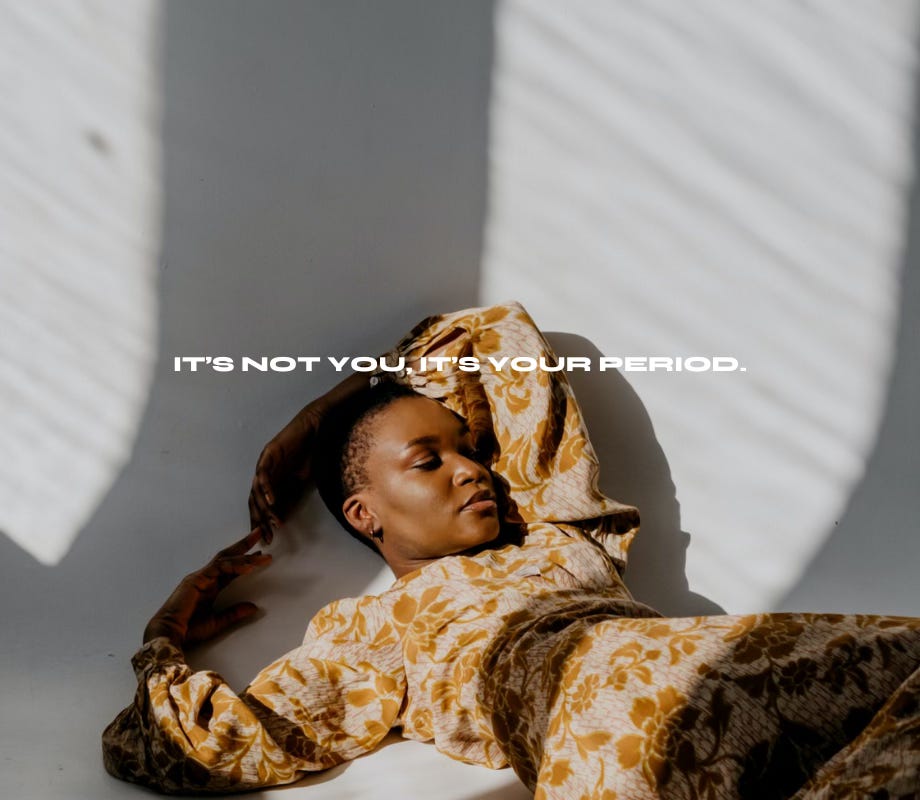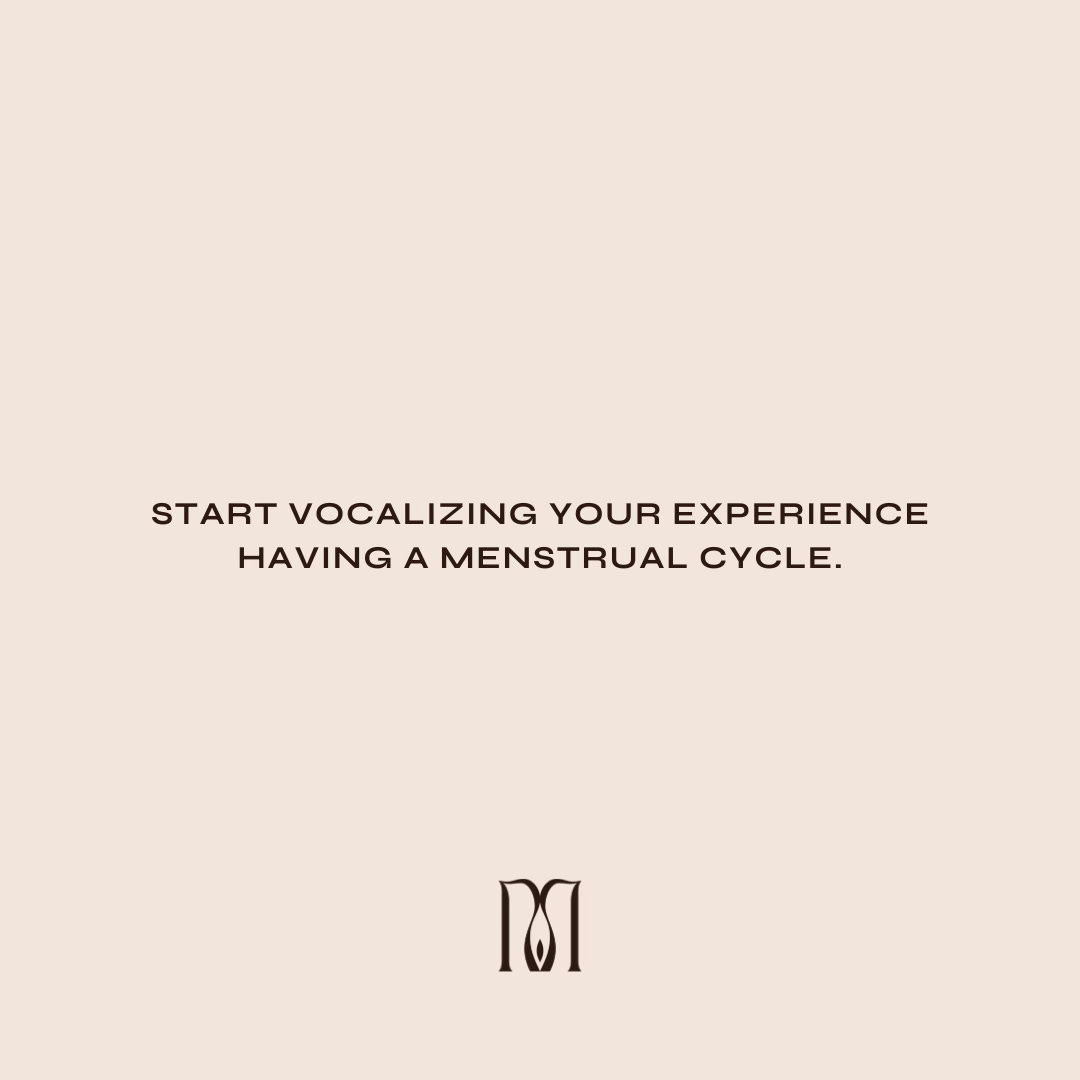How the Menstrual Cycle Affects Our Mental Health
No, you're not trippin'.
If you’re like me, you’ve probably found yourself crying over a commercial or feeling an inexplicable wave of sadness, only to realize, “Oh, it’s that time again.” For years, I thought I was just dramatic. Honestly, for the most part I thought I was always trippin’. One week I’m Beyoncé in “Alien Superstar,” the next I’m crying because I forgot I used the last of the oat milk, so I can’t make myself a matcha. But plot twist—it wasn’t me, it was my hormones. Turns out, our menstrual cycles have everything to do with those emotional highs, lows, and WTF moments in between. Once I stopped blaming my “bad mood” on vibes and started tracking my cycle, the dots connected real quick. So let’s get into it—how our mental health rides shotgun on the hormonal rollercoaster we call the menstrual cycle.
Ovulation: The High Point
Let’s start with ovulation, the phase where I feel most like myself—confident, energetic, and, dare I say, radiant. Research even suggests that during ovulation, women are perceived as more attractive, and some studies have found that female lap dancers earn higher tips during this phase . It’s fascinating how our bodies and behaviors align during this time.
The Progesterone Plunge
But just as quickly as the high comes, it goes. Post-ovulation, progesterone levels rise, and with them, a sense of gloom. I’ve noticed that during this phase (luteal), my patience wears thin, and small annoyances feel magnified. This could be due to progesterone’s effect on the amygdala, the brain’s center for fear and emotion, leading to heightened anxiety and mood swings .
Menstruation: The Emotional Reset
When menstruation begins, both estrogen and progesterone levels drop, leaving most of us in a hormonal limbo. It’s during this time that I often feel tired, but I think it’s common for anyone to feel emotionally numb or uncertain. It’s a period of introspection, where you may find solace in cozy blankets and comfort food, embracing the need to slow down.
Follicular Phase: The Fresh Start Energy
This is the “New Year, New Me” part of the cycle—even if it’s a random Tuesday. Estrogen starts rising, bringing a boost in energy, focus, and mood. It’s like your brain and body are back online after the menstrual fog. I call this my “CEO era”—the time when I plan, create, and generally feel unstoppable (or at least functional). If you’ve ever suddenly wanted to organize your closet or launch a passion project, it might just be your follicular phase talking.
⚠️ Quick Note on PME (Premenstrual Exacerbation)
If you’ve ever felt like your anxiety, depression, or other mental health symptoms go into overdrive before your period—like someone turned the volume all the way up—it could be PME. Unlike PMS, which causes new symptoms, PME worsens existing ones. It’s often overlooked or misdiagnosed, especially in Black women. In fact, studies show that Black women are more likely to experience chronic, untreated mental health conditions like anxiety and depression, yet less likely to be accurately diagnosed or offered treatment options.¹ So if this sounds familiar, don’t brush it off. Track your symptoms, trust your instincts, and speak up to a provider who respects both your body and your voice. Please speak up. Please advocate for yourself.
Embracing the Cycle
Understanding the emotional ebbs and flows of my menstrual cycle has been empowering. It allows me to anticipate changes in my mood and energy, and to be kinder to myself during the lows. If you find that your symptoms are overwhelming or interfering with daily life, it’s important to consult a healthcare professional, as conditions like premenstrual dysphoric disorder (PMDD) may be at play.
Remember, you’re not alone on this journey. There’s nothing wrong with seeking help. Sharing our experiences can help demystify the menstrual cycle and foster a supportive community.

Links for your Knowledge:
How the Menstrual Cycle Affects Our Mental Health
Doctors Give a Scoping Review on Period Apps
What is Cycle Science? 






